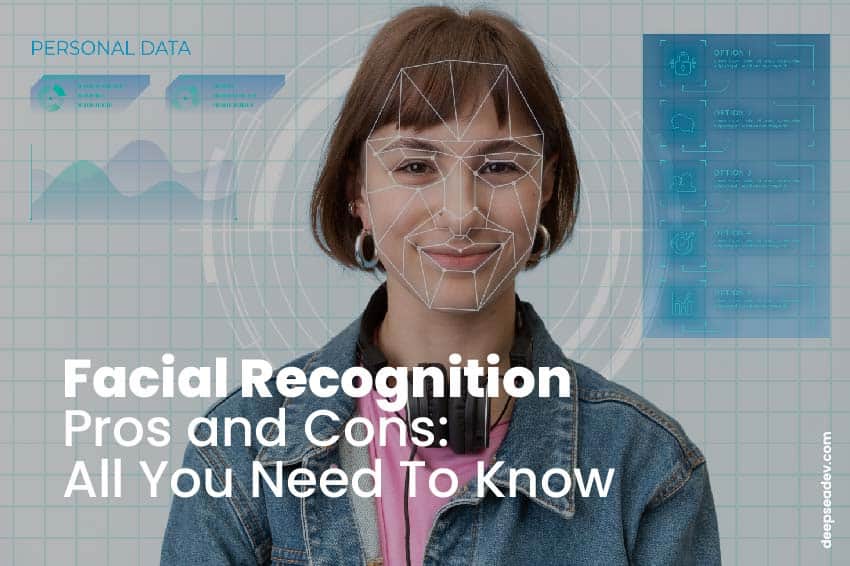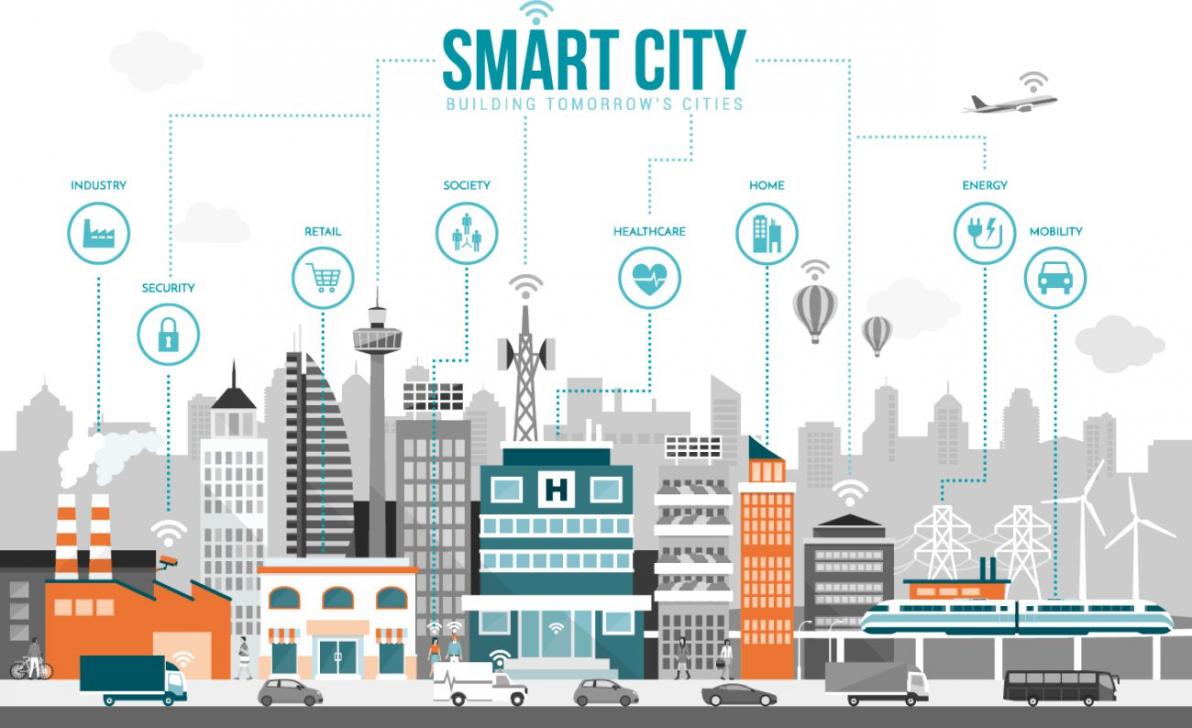As electronic product developers, we know that facial recognition technology has emerged as a powerful tool with numerous applications across various industries. From enhancing security measures to revolutionizing healthcare practices, this innovative technology has garnered widespread attention for its potential to streamline processes. Let’s see the pros and cons of facial recognition, and some applications.
What is facial recognition?
Facial recognition (face recognition) is a biometric technology that involves identifying or verifying individuals based on their facial features.
By using advanced algorithms, artificial intelligence, and machine learning techniques, facial recognition systems analyze unique facial characteristics such as the distance between the eyes, the shape of the nose, and the contours of the face to create a digital representation known as a facial template. These templates are then compared against a database of known faces to determine a match.
Why face recognition is important
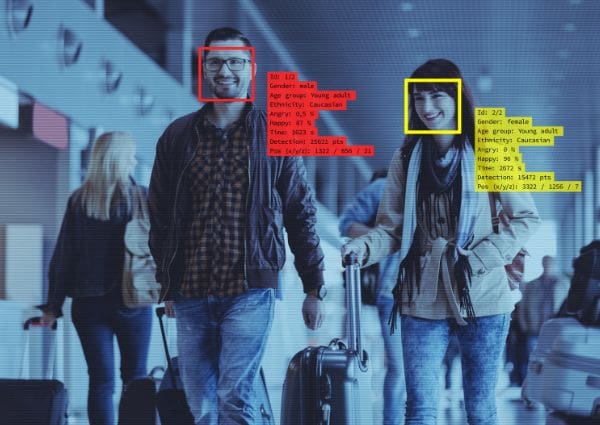
Face recognition has gained popularity because of its capacity to enhance security measures. For instance, companies can secure access to restricted areas like laboratories, or rooms with expensive equipment, and protect their assets and data from potential theft.
In industries such as banking, government, and law enforcement, facial recognition can be used for surveillance, border control, and crime prevention, helping to identify and apprehend individuals involved in illicit activities.
Another reason why face detection is important is due to its contribution to healthcare practices. With the ability to accurately identify patients and access their medical records instantaneously, healthcare providers can deliver personalized care and streamline administrative tasks.
Moreover, facial recognition systems can aid in the diagnosis of certain medical conditions by analyzing facial cues and expressions, potentially leading to earlier detection and treatment.
Pros of facial recognition technology
Now, let’s see the pros of facial recognition, which are very appealing for companies developing new smart cameras that use this technology.
1. Enhanced Security:
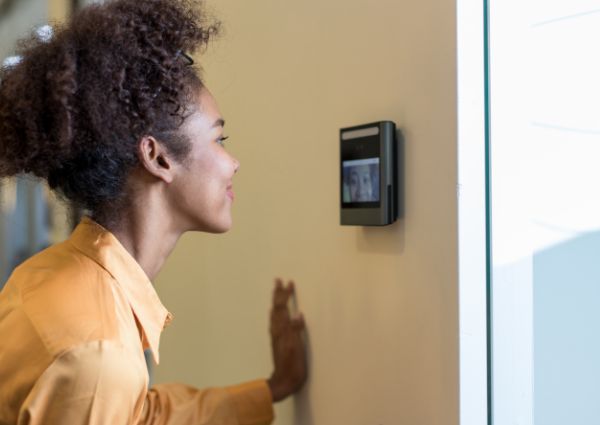
Facial recognition technology provides a robust and reliable means of authentication, reducing the risk of unauthorized access. This is a great advantage for people who want to keep their house safe with IoT home security, or for expensive equipment that is stored in a specific room.
Where can you see these face recognition advantages?
- Hospitals – Restricted access to specific areas.
- Retailers – Alerts in the presence of shoplifters.
- Offices – Access control and monitoring.
- Airports – Faster migration process.
- Events or concerts – Faster access and security measures; what is a drone camera.
Also, another advantage of facial recognition systems is that they help law enforcement agencies in identifying and apprehending suspects, thereby deterring criminal activities.
2. Improved efficiency:
By automating identity verification processes, facial recognition technology streamlines operations and reduces waiting times for different aspects such as using specific software or applications, access to buildings, approval of operations, or monitoring of restricted areas.
For instance, among industrial IoT applications, there is a need for productivity improvements. In many cases, companies find delays and obstacles in their operations when they need to grant access to specific technicians or workers who need to monitor machinery or perform maintenance activities.
So, by using face detection, they can quickly make decisions about these requirements without affecting the productivity of the company.
3. Personalization:
In the healthcare area, facial recognition facilitates personalized treatment plans and medical interventions based on individual patient profiles. Thanks to e health in IoT, doctors can make diagnoses faster and provide better treatment to patients.
Personalization also plays an important role in allowing clients to pay for their products easily. For example, Mastercard is implementing technologies in Asia to let shoppers pay just with facial recognition. Countries like Singapore, Indonesia, and Thailand are the first on the list to benefit from this technology.
4. Contactless transactions:
In the era of COVID-19, or other viruses, facial recognition enables contactless transactions and interactions, minimizing the risk of virus transmission.
This is a great pro of facial recognition since many people are more aware of the potential risks of getting a sickness with close contact or interactions.
5. Accessibility for individuals with disabilities:
Among the benefits of facial recognition, individuals with disabilities will be able to have alternative methods of interaction and accessibility features in different aspects like purchases, access to buildings, etc.
6. Finding missing people
Facial recognition technology offers a swift and efficient way to identify individuals even in crowded environments or situations where traditional methods may be challenging. By scanning through vast databases of facial images, these systems can quickly generate potential matches, narrowing down the search parameters and increasing the likelihood of locating the missing person.
For instance, facial recognition systems can be integrated with surveillance cameras and other monitoring devices to track the movements of individuals in real-time. This capability enables authorities to monitor key locations and potential points of interest, facilitating proactive intervention and rapid response in critical situations.
7. Innovation:
Continued advancements in facial recognition technology pave the way for innovative applications in various industries, driving progress and development.
In retail and marketing, facial recognition technology enables personalized shopping experiences, targeted advertising, and customer engagement initiatives. Imagine having the possibility of analyzing facial expressions and demographics so retailers can tailor product recommendations, optimize store layouts, and measure customer satisfaction in real time.
Cons of facial recognition technology:
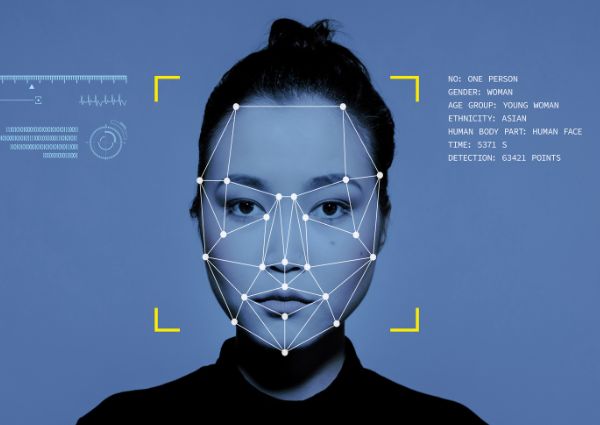
Though we value the benefits of this technology, it is also necessary to know the cons of facial recognition. Here are some of them:
1. Privacy Concerns:
Facial recognition raises significant privacy concerns regarding the collection and storage of biometric data without individuals’ consent. This is a sensitive topic in an era where information is more valuable than ever, and in which we are not sure how companies or third parties would use such information.
Some people may not feel comfortable with their faces being scanned everywhere for privacy reasons, and it would be necessary to create free zones of facial recognition or to alert people that in specific areas this technology is being used.
2. Accuracy issues:
No technology is exempt from making mistakes, and facial recognition systems may exhibit biases and inaccuracies, leading to false positives and false negatives, especially for certain demographic groups.
3. Ethical dilemmas:
The widespread deployment of facial recognition raises ethical dilemmas regarding surveillance, consent, and individual rights.
Not everyone would be willing to be “followed” at all times, and it may create a sense of lack of freedom to go to specific places or to enjoy certain activities.
4. Potential for abuse:
In the wrong hands, facial recognition technology can be exploited for malicious purposes, such as mass surveillance and unauthorized tracking. Even blackmail could be a potential threat in this case.
So, it is necessary to create the proper regulations and security channels to ensure the data is protected and can’t be sold in the market.
5. Security vulnerabilities:
Facial recognition systems are susceptible to hacking and spoofing techniques, compromising the security and integrity of biometrics.
Maybe for specific activities or access, there must be an additional security measure to ensure the person trying to access is the right person, and this way, prevent potential scams or theft.
And here you have it, the facial recognition pros and cons, though this technology holds immense potential to transform various aspects of our lives, it is essential to carefully address concerns surrounding privacy, accuracy, and ethical implications to ensure responsible and ethical deployment.
As makers and inventors embark on their journey to leverage facial recognition technology in their products (see speed to market strategy), understanding its significance and implications is paramount for driving positive change and innovation in the digital age. If you are thinking about bringing your product to life, consider our hardware development service which will provide reliable and professional results.

